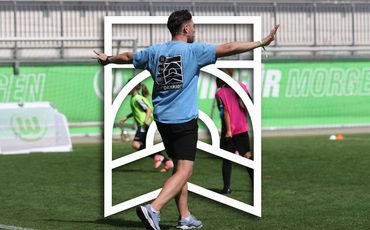Talent Transitions: Supporting Athletes on Their Journey
As you continue guiding young athletes through their development, one of the most critical phases you’ll encounter is the transition from talent systems into elite sport. This final step—from junior to senior level—is often the most demanding and transformative in an athlete’s career.
Understanding Talent Transitions
Talent transitions occur across four major stages:
- From community sport
- To regional selection or pre-academy
- To national selection or post-academy
- To professional or Olympic level
The most significant leap is often the junior-to-senior transition, where athletes move from a development-focused environment into a high-performance setting. This might involve signing a first professional contract or training with a senior team for the first time.
Demands vs. Coping Ability
The success of these transitions depends on the balance between the demands placed on the athlete and their ability to cope. Athletes face increased competition, higher training intensity, and greater psychological pressure. These challenges often coincide with broader life changes, such as entering adulthood and navigating social and emotional development.
Transitions can span several years, creating prolonged periods of uncertainty. Athletes may also face additional hurdles, such as moving to larger teams or higher leagues. Strategies like development squads and loan systems have proven effective in helping athletes continue progressing into their twenties.
Supporting Athletes Through Transitions
Coaches play a vital role in helping athletes manage these transitions. According to Mitchell et al. (2020), support can be approached from three key perspectives:
- Preventive Support – Prepare athletes by providing information about upcoming transitions and what to expect.
- Crisis Coping – Equip athletes with tools and access to professionals, such as sport psychologists, to manage challenges as they arise.
- Coping with Consequences – Offer ongoing support to help athletes deal with the aftermath of difficult transitions, including emotional and performance-related setbacks.
The International Society for Sport Psychology (ISSP) also recommends a holistic approach. Coaches should guide athletes in career planning, lifestyle balance, stress and energy management, and recovery. Support from family, peers, and mentors is equally important.
Conclusion
Talent transitions are complex, but with thoughtful planning and support, coaches can significantly improve the likelihood of successful outcomes. By understanding the demands, anticipating challenges, and offering multidimensional support, you can help athletes thrive as they move toward elite sport.
Remember: transitions aren’t just about performance—they’re about wellbeing, growth, and long-term success.
Watch the full video below
Comments
Related Pages


